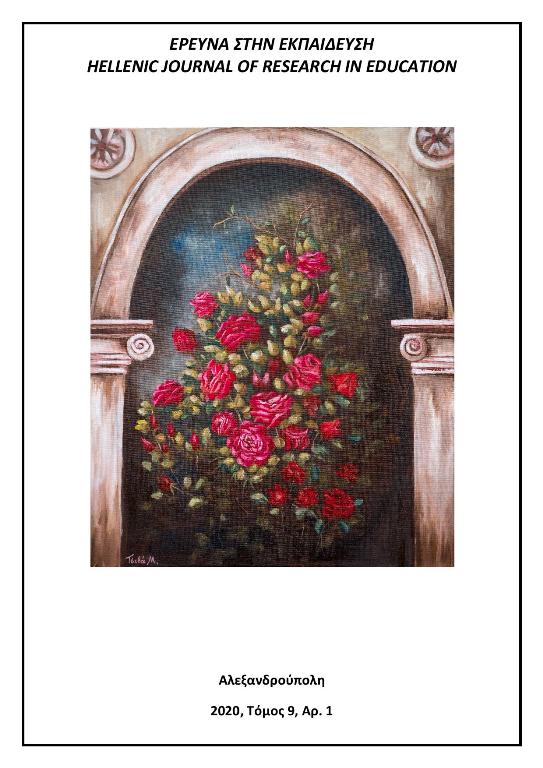Investigation of kindergarten and primary school teachers' perceptions regarding the expectations of parents for the literacy of their children

Abstract
The purpose of this research is to investigate the perceptions of kindergarten teachers and first-grade primary school teachers about the expectations that parents of their pupils have of literacy and language development of their children. In particular, it examines teachers' perceptions of the influence that parent’s expectations on their children's of literacy have on their program (literacy practices) and how they manipulate these expectations. Collaboration practices of teachers with parents to manage their expectations are still being explored. The practices of literacy enhancement, at home, kindergarten and elementary school are being studied as a continuous. The research is part of a broader study of the relationships between natural / early and conventional / school literacy, the teachers' perceptions of the possibility of integration of language curricula, as well as practices resulting from the study of curricula. The data were collected through a questionnaire sample of 326 kindergarten teachers and 306 teachers teaching the year of the process in the first grade of Greek elementary schools (Achaia and Ilia) as well as conducting semi-structured interviews with 32 teachers who participated and completing the questionnaire.
The results showed that kindergarten teachers were more likely to believe that their parents' expectations of language education were influenced by the demands of systematic primary school teaching. This is interpreted as the day-to-day kindergarteners are “receiving” these parenting expectations and are called upon to manage them in many ways. Kindergarten teachers and teachers of primary education, however, appeared to be unaffected by their parents' expectations. They are very positive in collaborating with parents and pursue it to a large extent, but often receive indifference and misrepresentation on their part. First grade teachers try to collaborate with parents on literacy practices that take place at school as a continuation of family literacy to a greater extent than kindergarten teachers. Kindergartens declare that they work with parents to guide the progress of children in general and manage the framework of cooperation in such a way that they can control and restrain any parenting influence and pressure.
Article Details
- How to Cite
-
Αποστόλου (Apostolou) Ζ. (Zoi) Τ., & Στελλάκης (Stellakis) Ν. (Nektarios). (2020). Investigation of kindergarten and primary school teachers’ perceptions regarding the expectations of parents for the literacy of their children. Hellenic Journal of Research in Education, 9(1), 58–76. https://doi.org/10.12681/hjre.22174
- Issue
- Vol. 9 No. 1 (2020)
- Section
- Articles

This work is licensed under a Creative Commons Attribution-NonCommercial-ShareAlike 4.0 International License.
Authors who publish with this journal agree to the following terms:
- Authors retain copyright and grant the journal right of first publication with the work simultaneously licensed under a CC-BY-NC-SA that allows others to share the work with an acknowledgement of the work's authorship and initial publication in this journal.
- Authors are able to enter into separate, additional contractual arrangements for the non-exclusive distribution of the journal's published version of the work (e.g. post it to an institutional repository or publish it in a book), with an acknowledgement of its initial publication in this journal.
- Authors are permitted and encouraged to post their work online (preferably in institutional repositories or on their website) prior to and during the submission process, as it can lead to productive exchanges, as well as earlier and greater citation of published work (See The Effect of Open Access).


